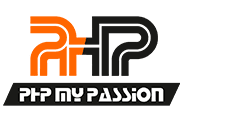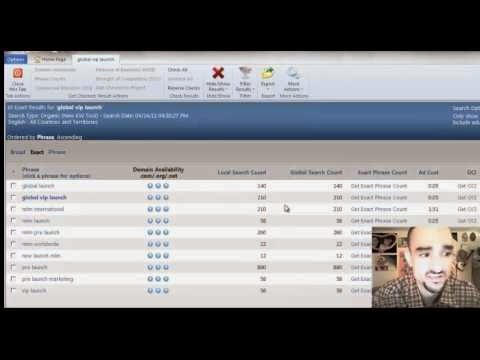Like all other CMS platforms, Joomla has had its share of cyber issues that require the frequent upgradation of security facilities and constant monitoring by security experts. The impact can be disastrous for those using the platform without implementing reliable security measures as vulnerabilities in the platform cause both short-term and long-term issues that cannot be resolved quickly.
The best strategy you can undertake as a Joomla platform user is to make sure all available and proven security measures are implemented and followed up on regularly. You can further automate this process by introducing a Joomla firewall to your security plan. A firewall usually comes as a part of a security extension that sets up an effective barrier against cyber threats.
Read More: Top Best E-book Readers apps for Android
What’s the Joomla firewall for?
An ideal Joomla firewall setup should protect your site against all unwanted intrusions and provide 24/7 real-time attack monitoring every day as well as specific hacking attempts. It should also be supervised and updated as and when new threats arise by experts in the field including the latest vulnerabilities and security patches.
Always ensure that your chosen security extension or Joomla firewall is compatible with the current version of the platform that you’re operating on.
Some features that a firewall extension should include for added protection are:
- Blacklist and whitelist – Block wanted IP addresses (single or multiple, with CIDR notation and ranges) under blacklisting, and bypass protection measures for selected IP addresses.
- Some extensions provide the option of blocking countries that have access to your Joomla website as well as anonymous proxies, using a pre-existing database.
- Backend password – This provides an added layer of security by requiring a password before logging into the administration.
- Regular scans – Constant scans should be conducted for core files to ensure integrity, make sure that there are no permission errors commonly found in these files which allow for illegitimate access, and for common malware.
- Brute force attacks – There should be adequate protection and steps taken against brute force attacks such as limited login attempts, a monitoring log of all logging activities, and tracking incorrect passwords entered.
- After a specific number of login attempts, a captcha provision should appear on the administrator page for added security.
- Malware database – Maintain a detailed database on the malware detected, monitored, and deleted. Malware could be hidden in plain sight, encoded, or in completely manipulated files such as ‘base64encode’, ‘eval’, ‘inflate’, etc.
- Should also be able to immediately drop dangerous files if they are uploaded, with extensions such as ‘.php’, ‘.js’, ‘.exe’, etc.
- Administrators – Disable the creation of new administrators in suspicious situations, unless pre-approved. Should protect existing administrators from any changes that may affect their access privileges, possibly password changes as well.
- Activity log – An activity log that monitors all actions taken regarding security events should be maintained, regular action taken regarding any concerns that may arise, and emails sent to specific email addresses to express any issues, if necessary.
- Immediate alerts should be sent if any activity regarding sensitive Joomla files is detected, especially if changes are made to the original content.
- Provide exceptions – Should be able to disable protection on the basis of user agents, URLs, or specific components, and regular expressions should be allowed.
- Regular checks – This should extend to the databases, with regular supervision on the content and repairs if required.
- Local and remote file inclusion features.
- Protection against SQL injection, XSS (cross-site scripting) attacks, HTML and JavaScript-based malicious code, Denial of Service (DoS) attacks, automatic blacklisting of IP addresses that are noted to cause issues, actively scans for threats in periodic intervals.
- Actively provides suggestions regarding bettering of security by tightening the PHP and Joomla configuration.
Read More: Top 10 Most Powerful Website VAPT Tools In 2021
There are other misconfigurations that cause issues with Joomla security, and should be detected by the Joomla firewall system before security issues are caused:
- Login credentials – If your login details are weak or simply the default versions, you are easily leaving your site in the hands of hackers and brute force attacks – complex usernames and passwords improve the security barrier and keep most commonly occurring mishaps away.
- Third-party plugins – These plugins could be from questionable sources that are not regularly updated or with hidden malicious code and backdoors, causing security issues in the long run. Use reputed publishers or resort to those recommended by the official Joomla repository, since these are regularly updated.
- Uncontrolled uploads – Users are sometimes provided the option of uploading files of their choice on the Joomla platform, even ‘.php’ or ‘.exe’. Since there is no sanitization happening, hackers have a prime input through this forum to control your entire platform for their purposes.
These are a few ways in which security extensions or a reputed Joomla firewall can help you to remain on top of various security issues that pop up. Trusted security professionals can bring you peace of mind and allow you to continue doing what you love with zero worries!



